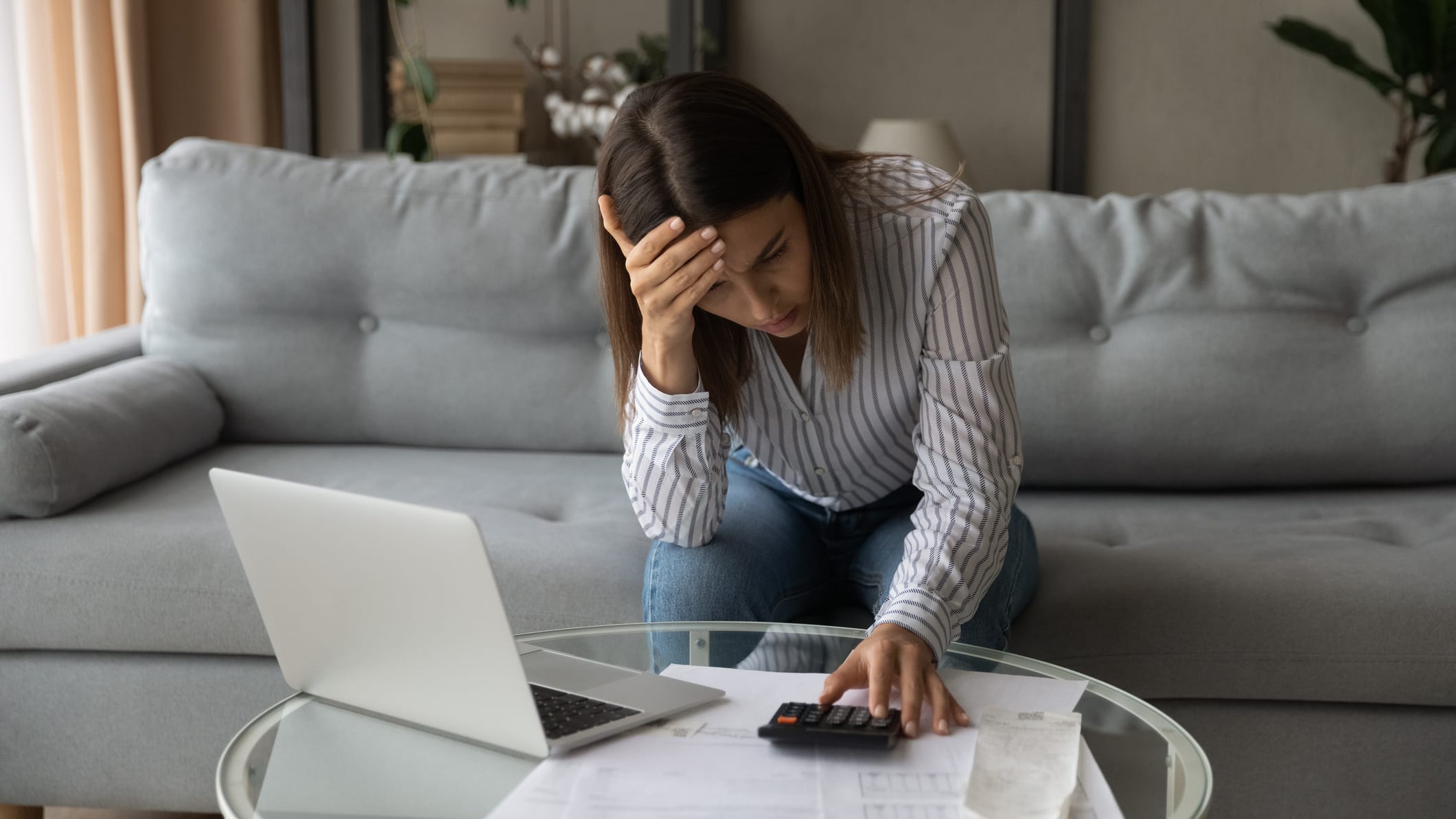The trouble with 'buy now, pay later'
And more of the week's best financial insight

A free daily email with the biggest news stories of the day – and the best features from TheWeek.com
You are now subscribed
Your newsletter sign-up was successful
Here are three of the week's top pieces of financial insight, gathered from around the web:
A deal to regret at JPMorgan
JPMorgan Chase's purchase of Frank, a college financial-aid business, went sour fast, said Melissa Korn and David Benoit in The Wall Street Journal. The bank bought Frank for $175 million in 2021 after a pitch from Frank founder Charlie Javice. Frank "offered a tool to simplify federal financial-aid forms"; Javice claimed it had 4.25 million users, but when JPMorgan sent out marketing emails to Frank's customers, 70 percent bounced back. JPMorgan says Frank had fewer than 300,000 real users, and it is suing, saying Frank's leaders "duped the bank by making up millions of fake student accounts." Javice's lawyer says JPMorgan "rushed" to buy the "rocketship business" but "realized they couldn't work around existing student privacy laws, committed misconduct," and turned on Javice when she "blew the whistle."
The trouble with 'buy now, pay later'
Buy now, pay later programs have exploded in popularity, said Mac Schwerin in The Atlantic. They've gone from $2 billion in 2019 to $24.2 billion in 2021. Financial-technology firms like Affirm, Afterpay, and Klarna have "infiltrated nearly every corner of e-commerce," letting consumers pay for purchases in several interest-free installments. Buy now, pay later (BNPL) loans are especially popular with young people who are wary of credit-card debt and reject "stodgy banks." But this bubble could soon pop. Like young credit-card holders, "BNPL users under 25 have the highest default and delinquency rates." If the economy tanks and "credit dries up," they might find that the accumulated debt of TVs and sweaters has "hobbled their credit history at the worst possible time."
The Week
Escape your echo chamber. Get the facts behind the news, plus analysis from multiple perspectives.

Sign up for The Week's Free Newsletters
From our morning news briefing to a weekly Good News Newsletter, get the best of The Week delivered directly to your inbox.
From our morning news briefing to a weekly Good News Newsletter, get the best of The Week delivered directly to your inbox.
Buying out your auto lease
If your auto lease is about to expire, said Alexis Leondis in Bloomberg, you should think about exercising the option to buy. The average new-car payment is now $728 — up from $588 just two years ago. For most people, it makes sense to "delay buying a new car until prices come down." But that may not work if your lease is ending now. You'll "face high interest rates, with few dealer perks to offset them." Deals on luxury cars are a bit better, but prices are still at historic highs. On the other hand, the "residual value" — the price to buy out your current lease — is based on estimates made when the lease started and used-car prices were lower. Essentially, you're "able to buy your leased car for a discount."
This article was first published in the latest issue of The Week magazine. If you want to read more like it, you can try six risk-free issues of the magazine here.
A free daily email with the biggest news stories of the day – and the best features from TheWeek.com